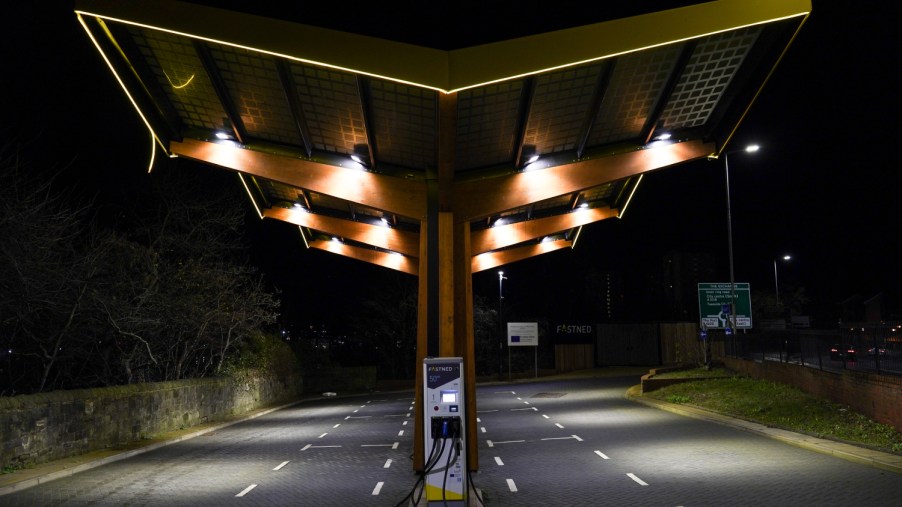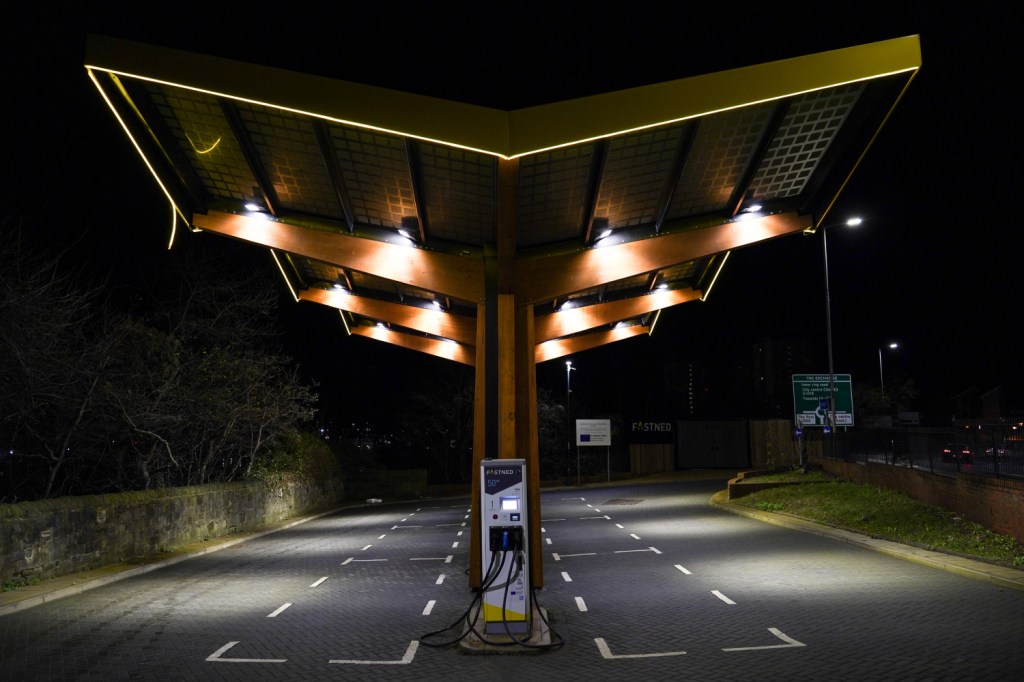
Will the Price of Electric Vehicles Be Cheaper Than Gas Cars Soon?
The push for electric vehicles is increasing day by day. If ever a time to make the switch, last week might have sent some potential buyers of the edge. Will the price of electric vehicles be lower than gasoline cars soon? Experts seem to think change is in the air for the auto industry.
Will electric cars be cheaper than gas?

Last week, there was a cyberattack on the Colonial Pipeline. CBS News reported on the attack and how it sent gasoline-dependent drivers straight to the pumps. There were shortages all over with long lines at gas stations while people panic-bought gas. Prices went through the roof while consumers waited for news.
If ever a time to be an electric vehicle owner, that was it. Volkswagen ID.4 and Tesla drives laughed all the way to public charging stations or home chargers. While the gas issue was not a long-term problem, it has the volatility to become an issue further down the line.
The price of electric vehicles
According to a 2020 article by Consumer Reports, EV owners saved $4,700 or more in the first seven years of ownership. For comparison, it should be clear that an electric vehicle can cost between 10% and 40% more than a similar gasoline model.
The typical savings for an electric vehicle owner can range between $6,000 and $10,000. This would be dependent on the price differences for the EV and non-EV vehicles.
Chris Harto, CR’s senior policy analyst for transportation and energy, said, “As battery prices and technology improve, prices come down, and more attractive models hit the market, it’s only going to get better.”
This does not take into account that many automakers have federal rebates still for purchasing an EV. There could potentially be another rebate coming as the U.S. pushes for more electric vehicles on the roads.
Dr. Jeffrey Sachs, economist and sustainability expert, anticipates the price of electric vehicles to fall below gasoline vehicles within two or three years. However, the power grid is also susceptible to such an incident.
“This cost decline that’s been underway is going to continue, and the fact of the matter is we’re not going to have that much choice because all of the manufacturing companies are now looking at Tesla and say, ‘Hey, we’re going that way, too,” Sachs commented.
With the push for more charging stations and better electric vehicle infrastructure, it makes sense to look at the future of transportation.
The push for cheaper batteries
Many brands have promised to stop making gas-powered cars by 2030 or so. Companies like Tesla and Volkswagen are working hard to make batteries less expensive, which would drive prices down further. Currently, many brands outsource batteries which increases the price.
Volkswagen Group CEO Herbert Diess noted that he wants to follow Elon Musk and Tesla’s footsteps. Back in 2020, Diess posted an update on LinkedIn that he wanted to catch up with Tesla. He titled this “Mission T.”
“As a result, we had to tailor Volkswagen’s strategy to keep up with these new competitors…The event revolved around how we can catch up with Tesla – a company focused exclusively on the future, without a traditional car business.”
Herbert Diess | Volkswagen Group CEO
Tesla had Battery Day on September 22, 2020, when the company announced an upgrade in battery technology. By doing this, Tesla hoped to reduce the price of batteries by more than 50%. With that, Tesla hopes to be able to offer a car under the price of $30,000.
The new batteries will be made in-house, which is part of the price reduction. In addition to the price reduction, the batteries would be more powerful and get a further range.
We are seeing this project come to life with the estimated 410+ mile range on the new Tesla Model S Long Range. The Plaid+ is rumored to get over 500 miles of range.



